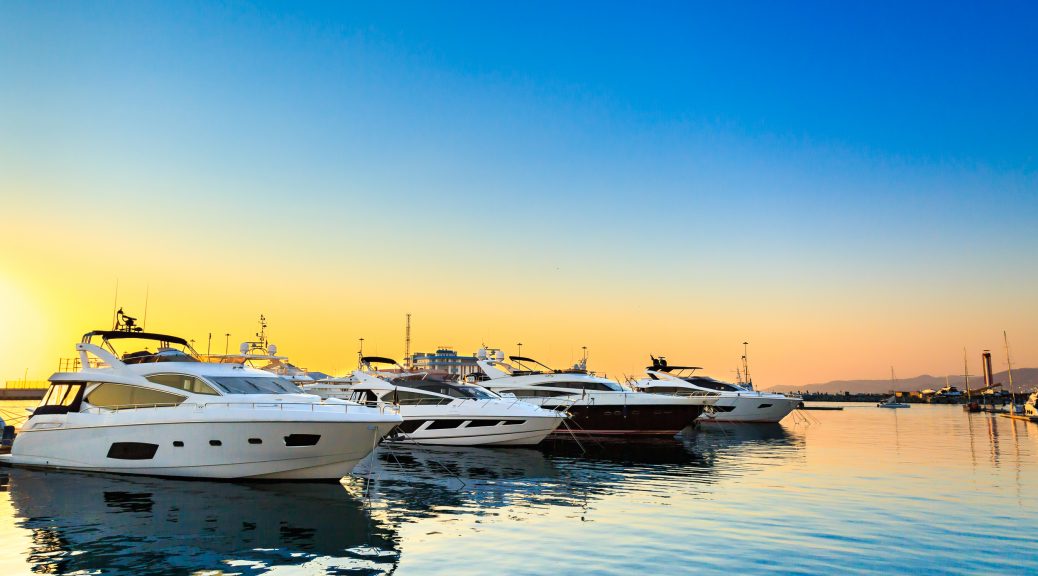Bicycling is a whole lot easier than it used to be. The addition of a compact battery and motor has turned a bike into an e-bike, helping riders get up hills or across town with a lot less pedal cranking.
Forget about your grandpa’s moped from the 1970s. E-bikes are true bicycles that appeal to urban riders looking for green and easy-to-park transportation, and they also attract recreational riders looking for a power-assist on roads and trails.
Because e-bikes can reach speeds over 25 m.p.h., and cost a good deal more than the 10-speed you rode in middle school, some states now require insurance. Their laws and regulations treat them like a motorcycle.
American Modern welcomes e-bikes in our Motorsports program. They get the same great coverage, options, and discounts that we offer to any standard motorcycle.
For information only. Not applicable to all situations.




